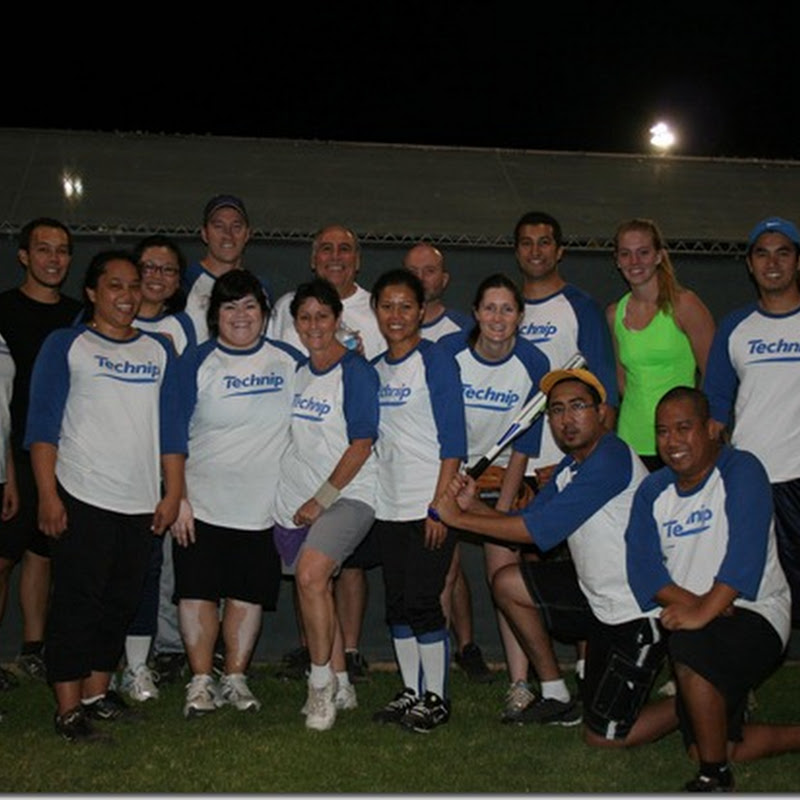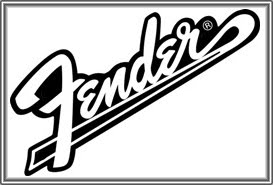
Name: Robert Emile DeLeo
Born: 2nd February, 1966 (Glen Ridge, New Jersey, USA)
Profile: He is an American bass player and harmony vocalist for the rock band "Stone Temple Pilots" (STP). He has also played in "Talk Show" and "Army of Anyone". He is the younger brother of Dean DeLeo, who plays lead guitar for "STP".
History: Robert started to play guitar in his teens, but his interest are more in playing bass because his brother Dean already played guitar. DeLeo met Scott Weiland (who would eventually become vocalist of "STP") at a "Black Flag" concert in 1987. The both of them wanted to form a band and eventually hooked up with drummer Eric Kretz, and DeLeo managed to convince his brother to play guitar in their new band "Mighty Joe Young" which later changed to "Stone Temple Pilots".
During their years, "STP" came to be one of the most successful bands of the 90's. Robert is credited with much of the band's music, including the famous intros for the songs 'Plush' and 'Interstate Love Song'.
While "STP's" hiatus in 1997, he and his brother Dean, Kretz, Dave Coutts (Ten Inch Men) formed a new band "Talk Show", their debut album was released in 1997 and peaked at #131 on the 'Billboard 200' and was considered a commercial flop.
In 2003, the DeLeo brothers formed another group "Army of Anyone". The group met after Richard Patrick (Filter) contacted the DeLeo brothers on writing material for "Filter's" fourth album. The band eventually called in drummer Ray Luzier in for an audition, found the formula worked, and the band was formed. The band's self titled album was released in 2006. The album became a critical success; some went as far to label the album as one of the bests of the year.
In 2008, "STP" reunited and are planning on releasing their sixth album on 25th May, 2010. DeLeo is a former employee of Schecter Guitar Research and built the prototype of what later became his signature model while working there. The Schecter Model T was his primary live instrument during his years with "STP".
DeLeo is known for his smooth style of playing, with infusions of Jazz, 1960's rhythm and blues, and hard rock creating a rather distinctive tone. He is also known for being a master riff maker; he created most of the riffs for "STP" which was the band's trademark style, and wrote and arranged most of the band's songs. He also uses a bass Wah-wah pedal to change his tone accordingly.
Influences: James Jamerson, John Entwistle (The Who), Rocco Prestia (Tower of Power), Chris Squire (Yes) and John Paul Jones (Led Zeppelin).
Axology: Schecter Model T signature basses, 1966 Fender Precision bass, 1976 Rickenbacker 4001, 50's Danelectro Longhorn, Fender Musicmaster, Marshall and Ampeg amplifiers
Signature song(s): Interstate Love Song - STP (Purple, 1994) and Goodbye - Army of Anyone (Army of Anyone, 2006)
Link(s):
http://www.youtube.com/watch?v=4RwD4Q33CQ4
http://www.youtube.com/watch?v=CtEdwwe_41c










